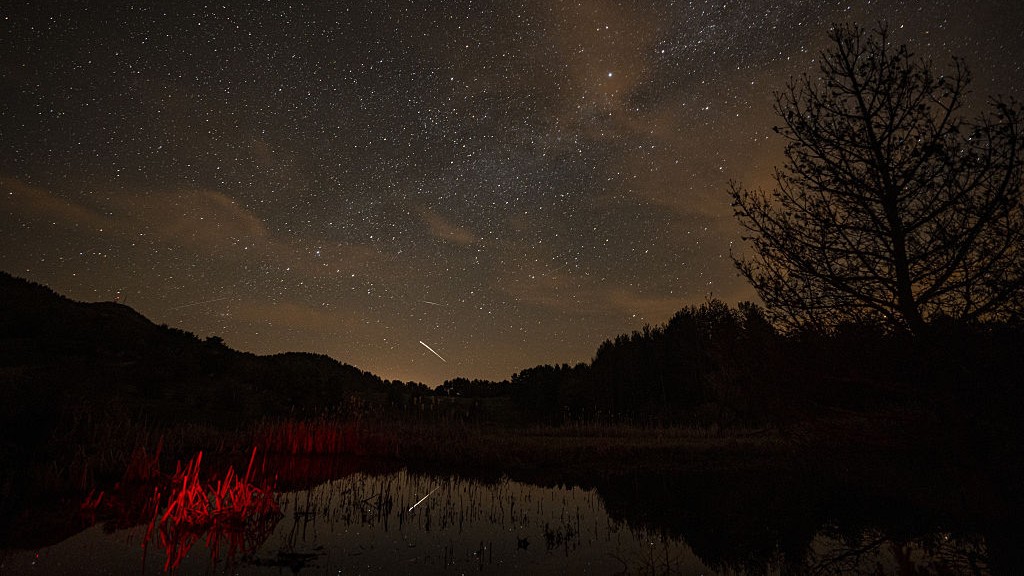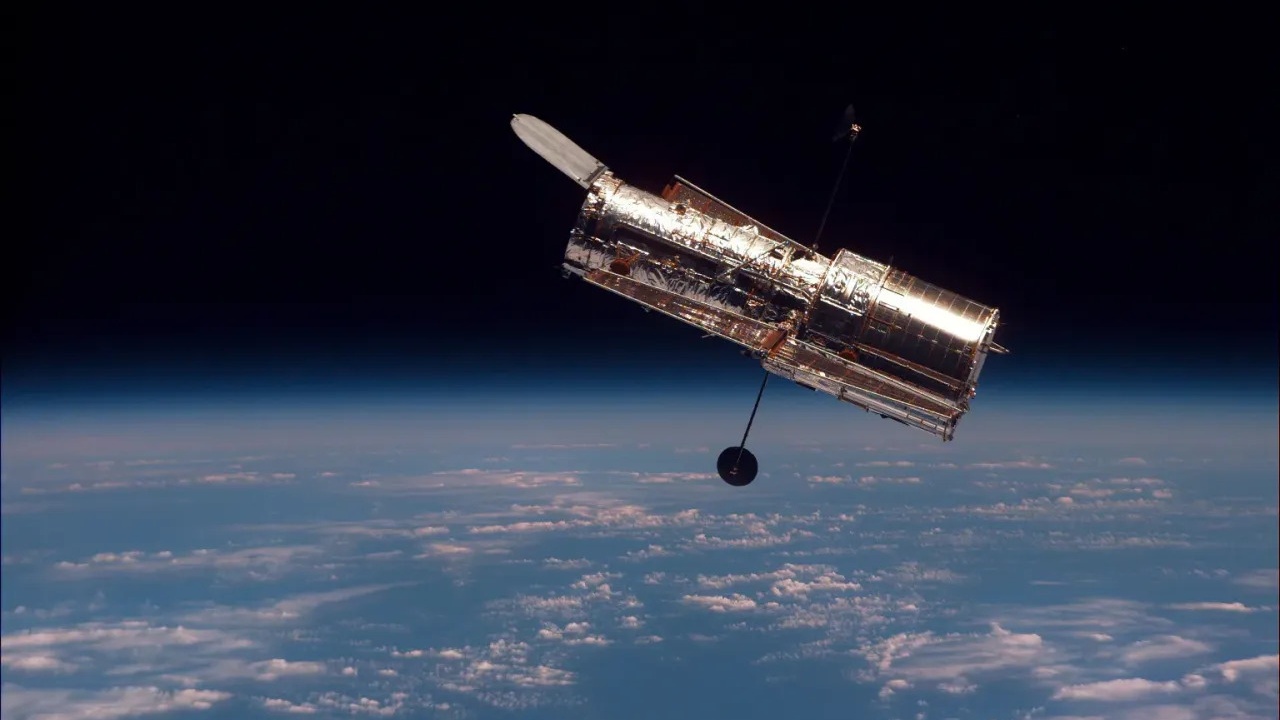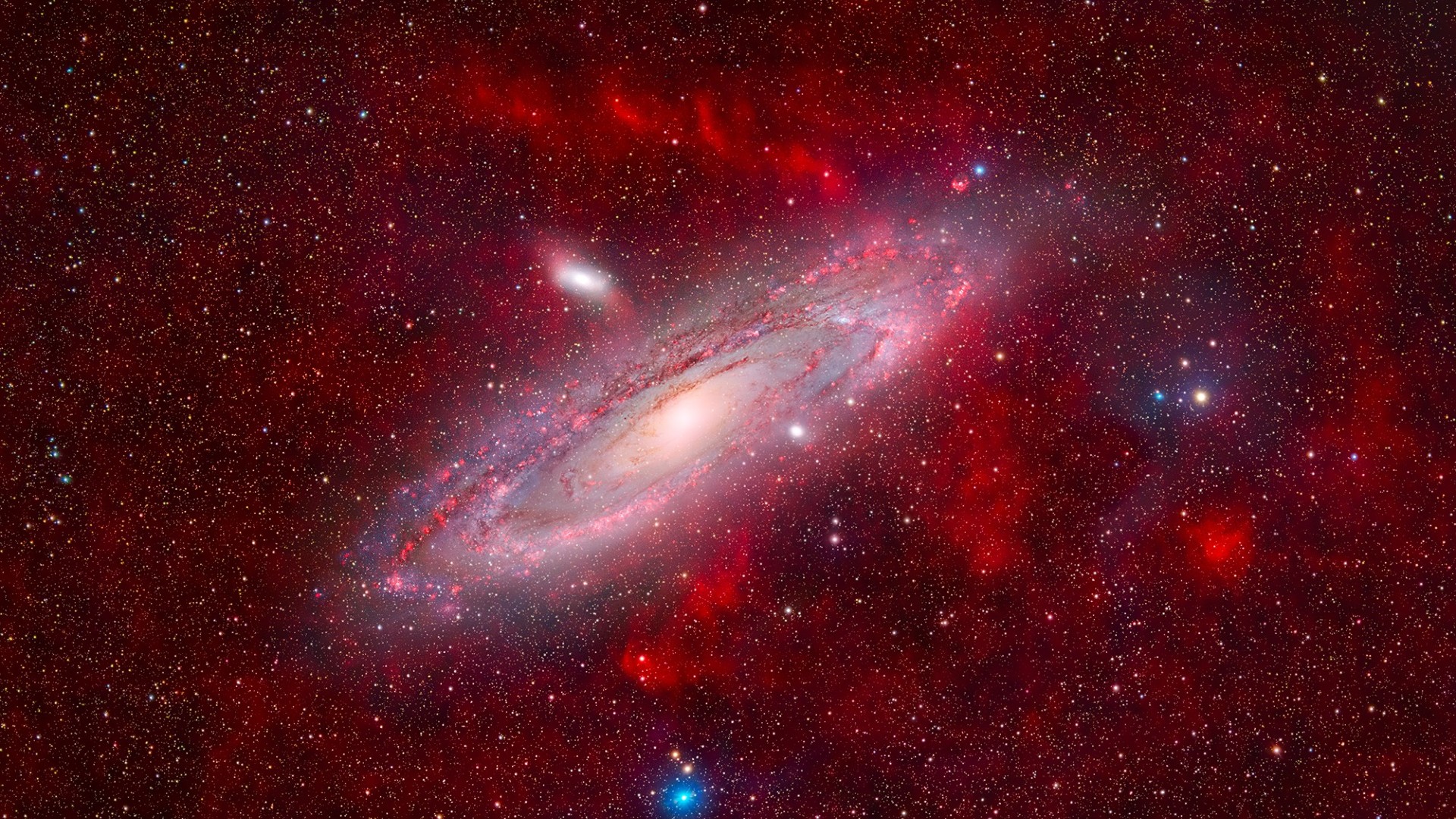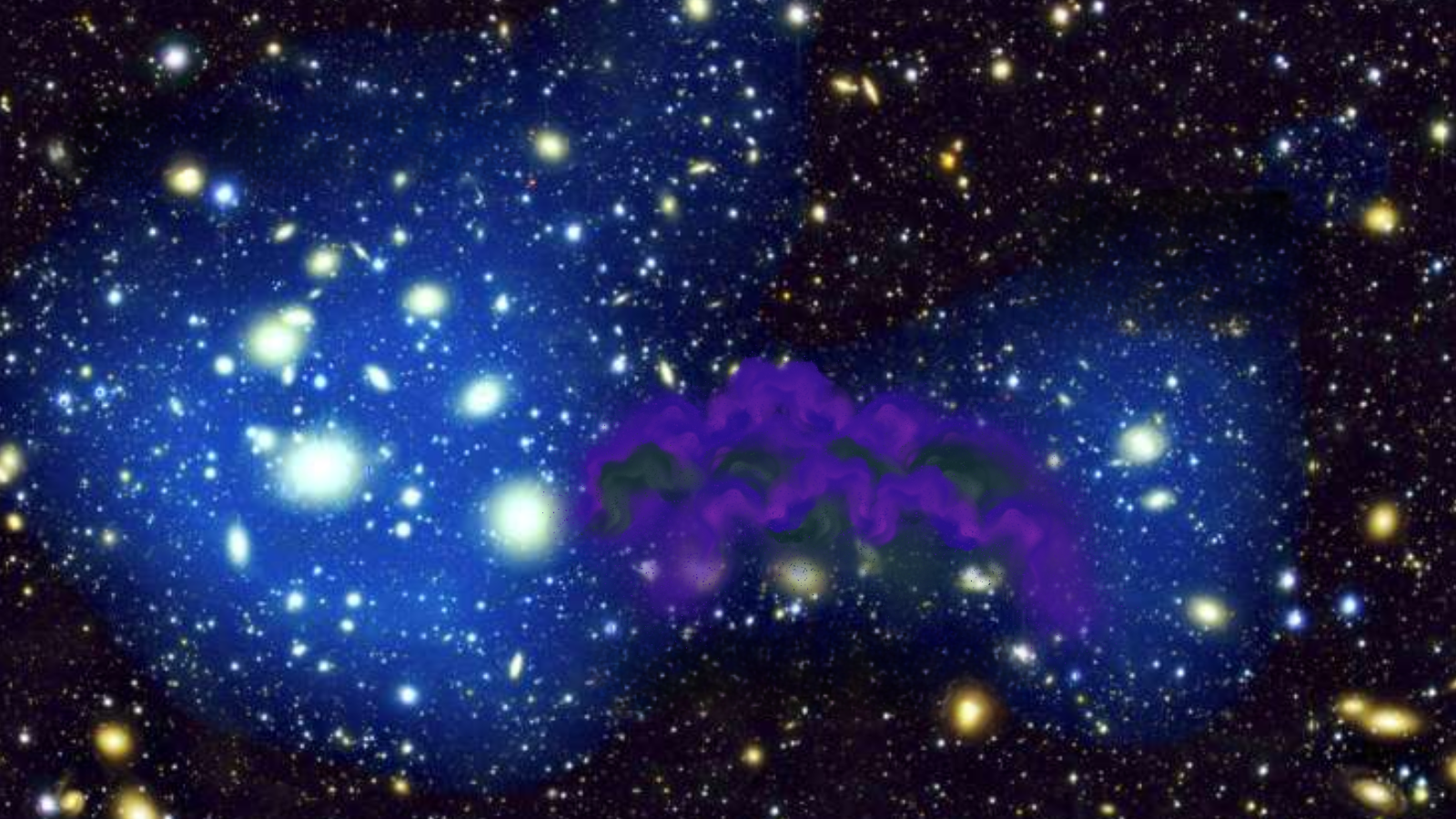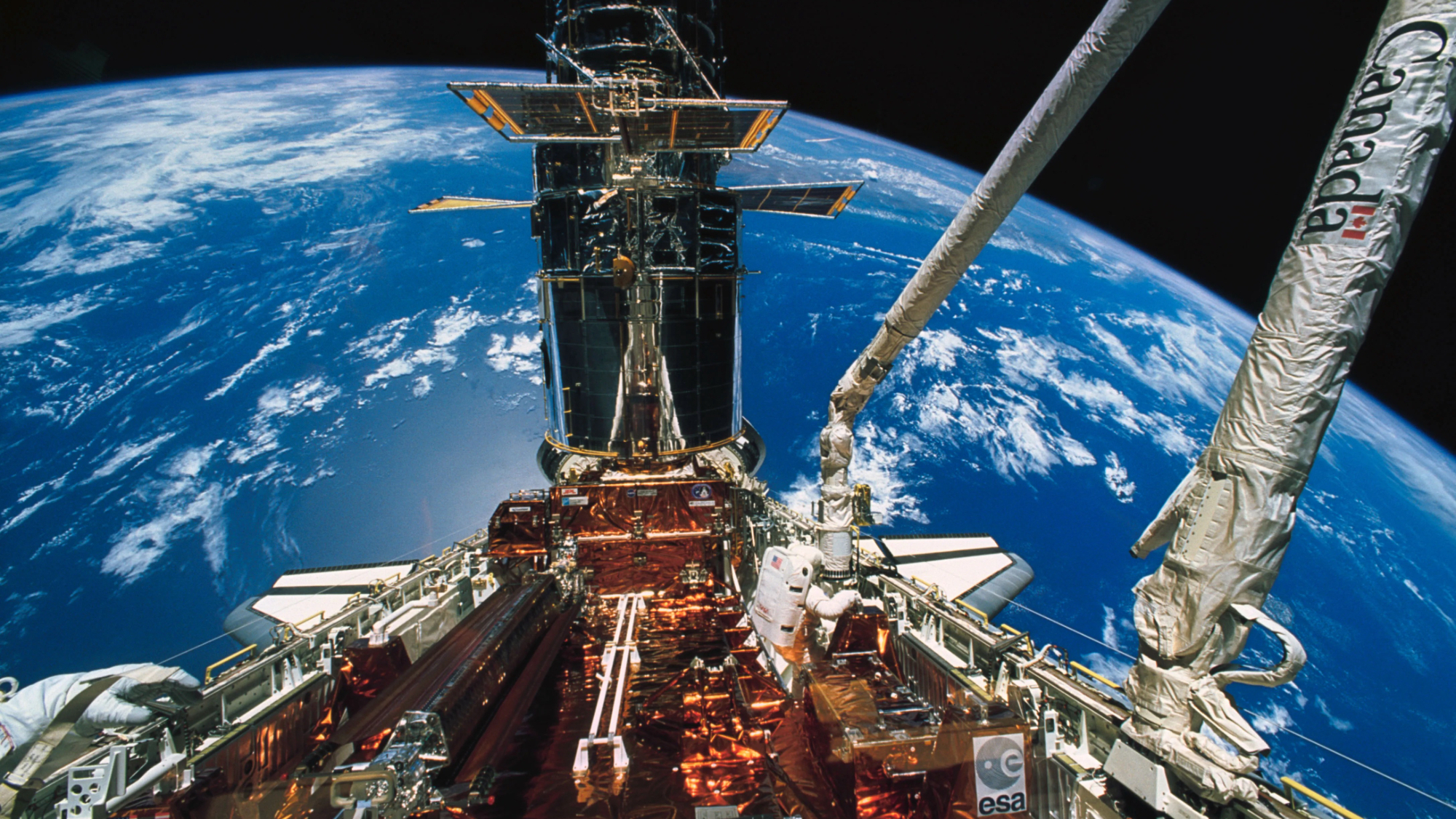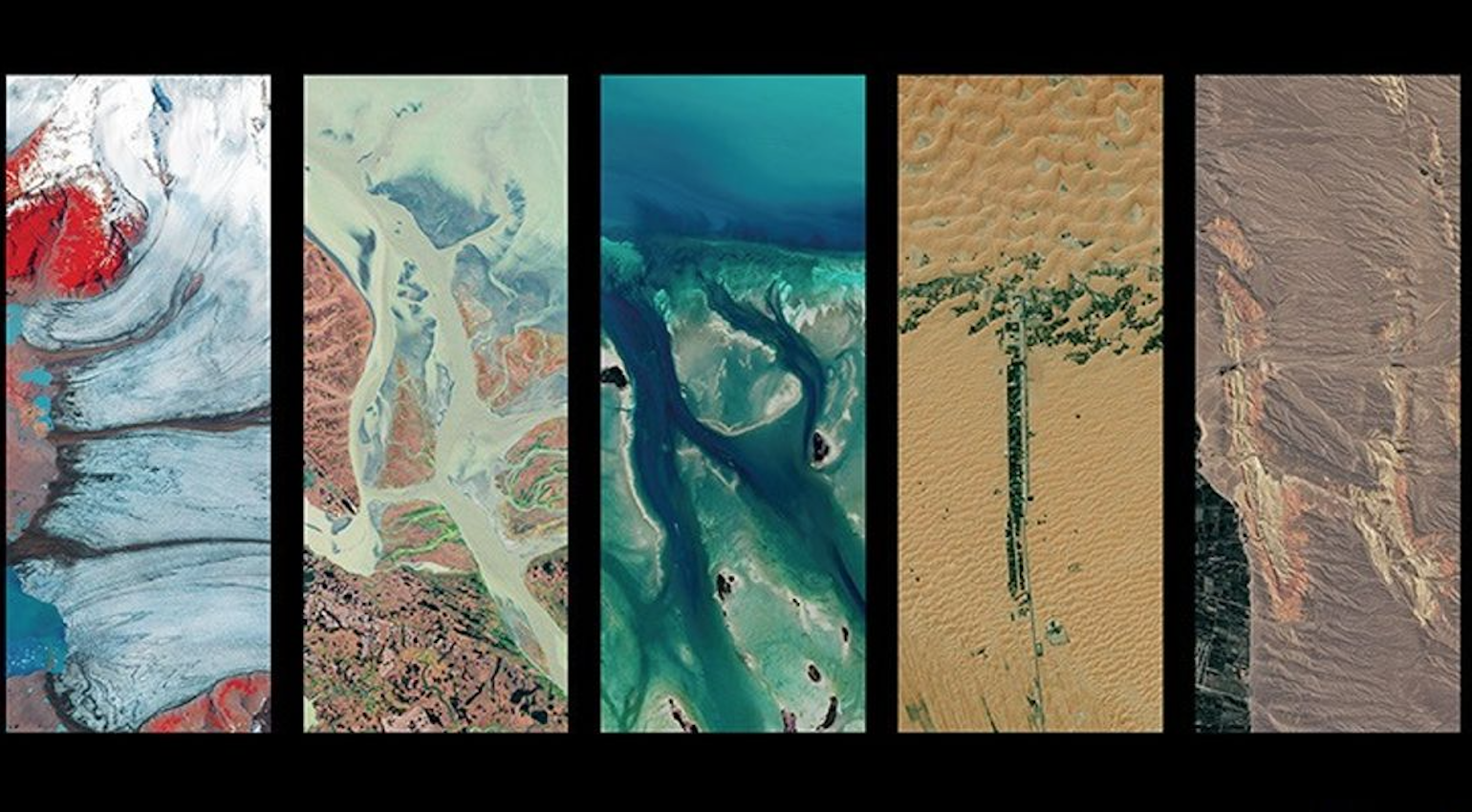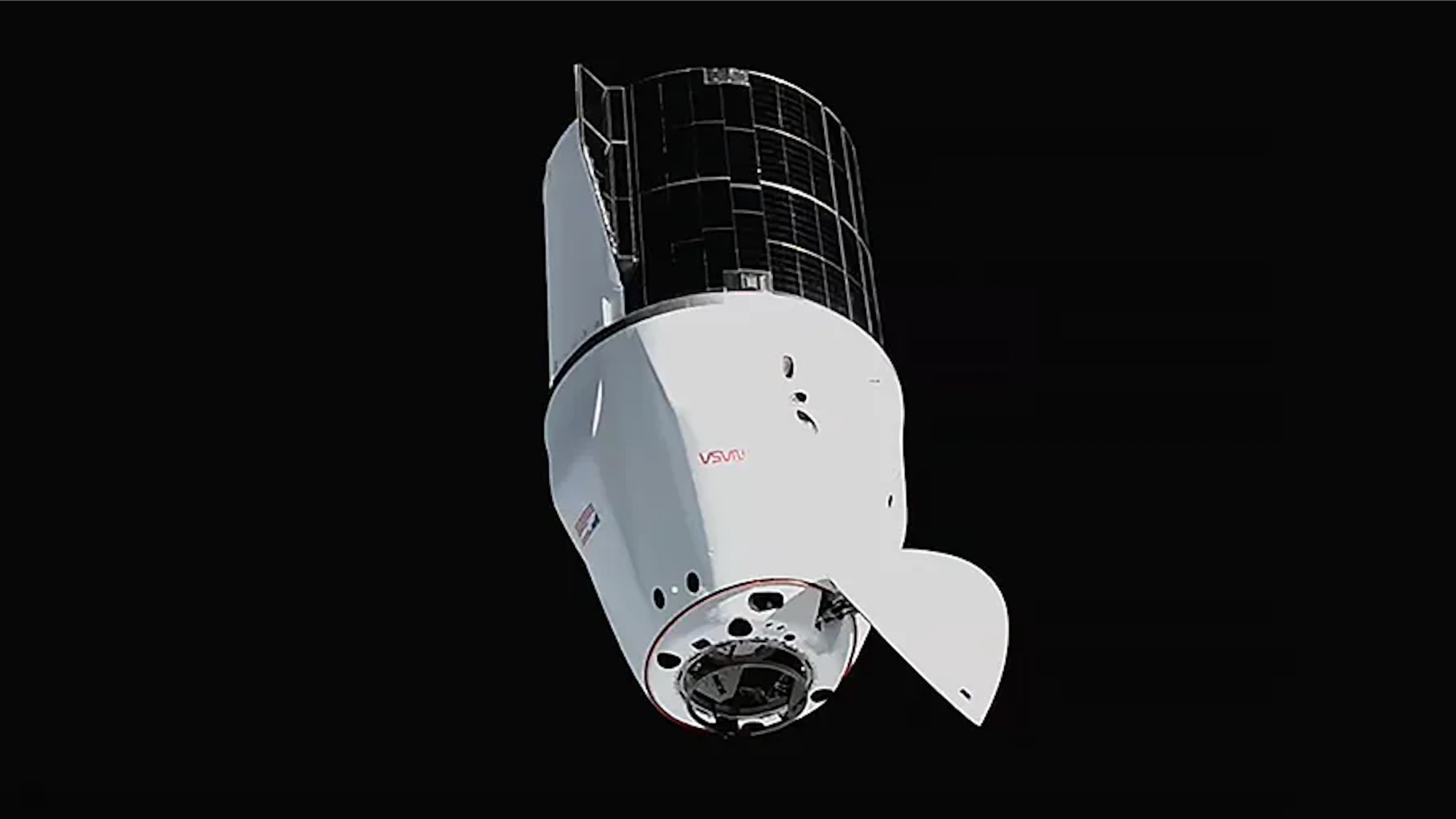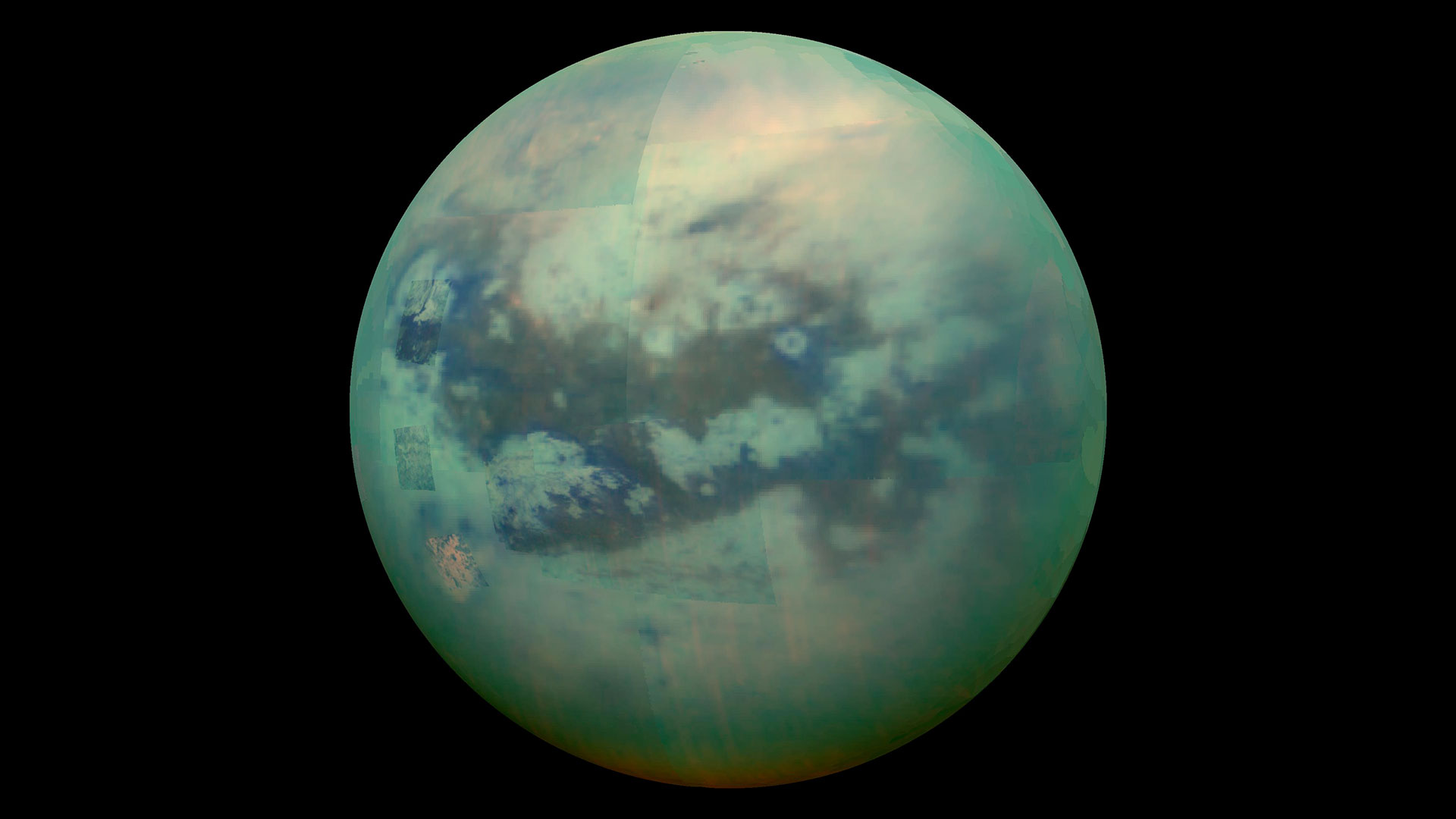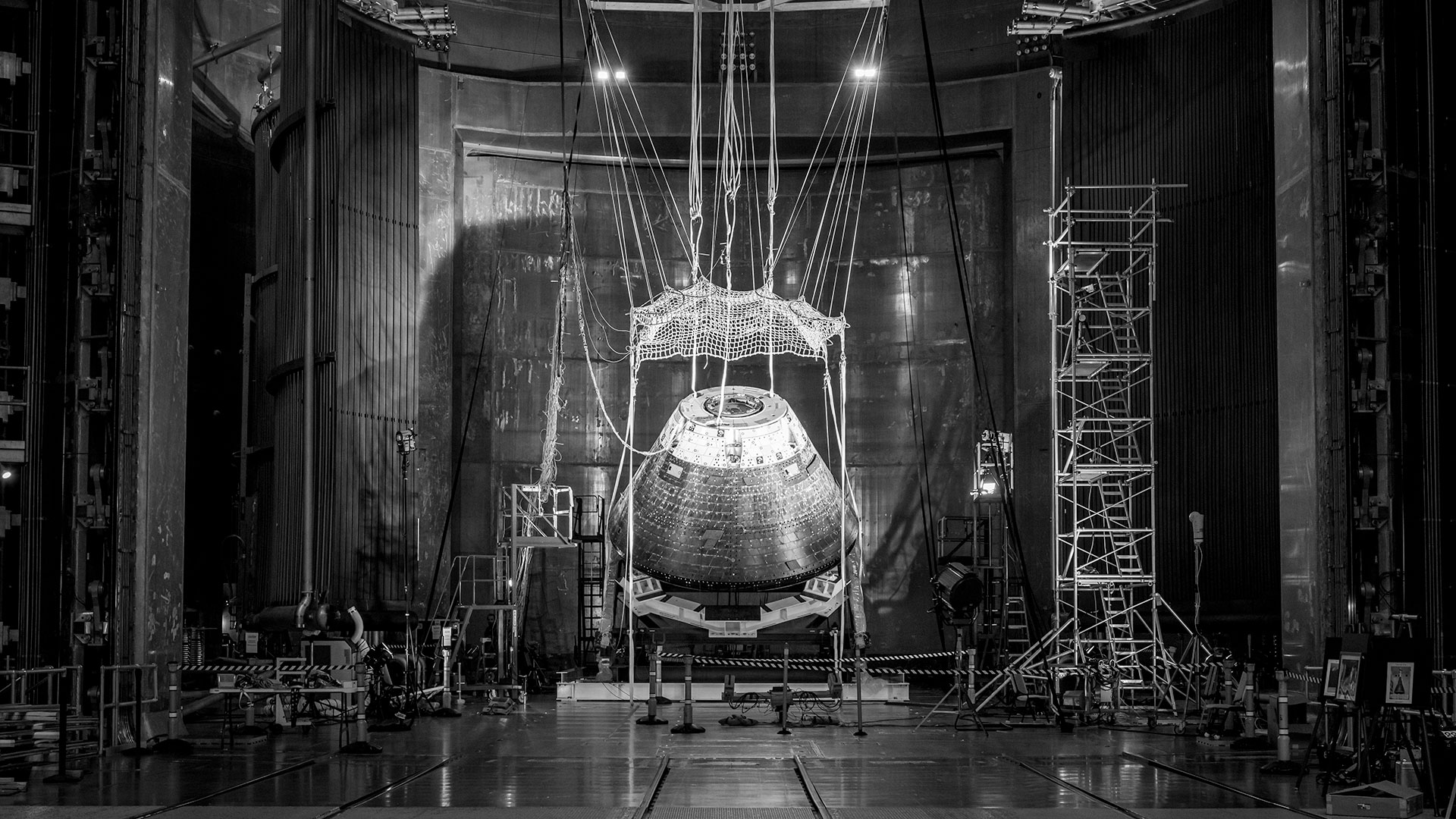The James Webb Space Telescope will study countless planets. Here's your chance to name one.
The IAU is looking for names that recognize cultures around the world.
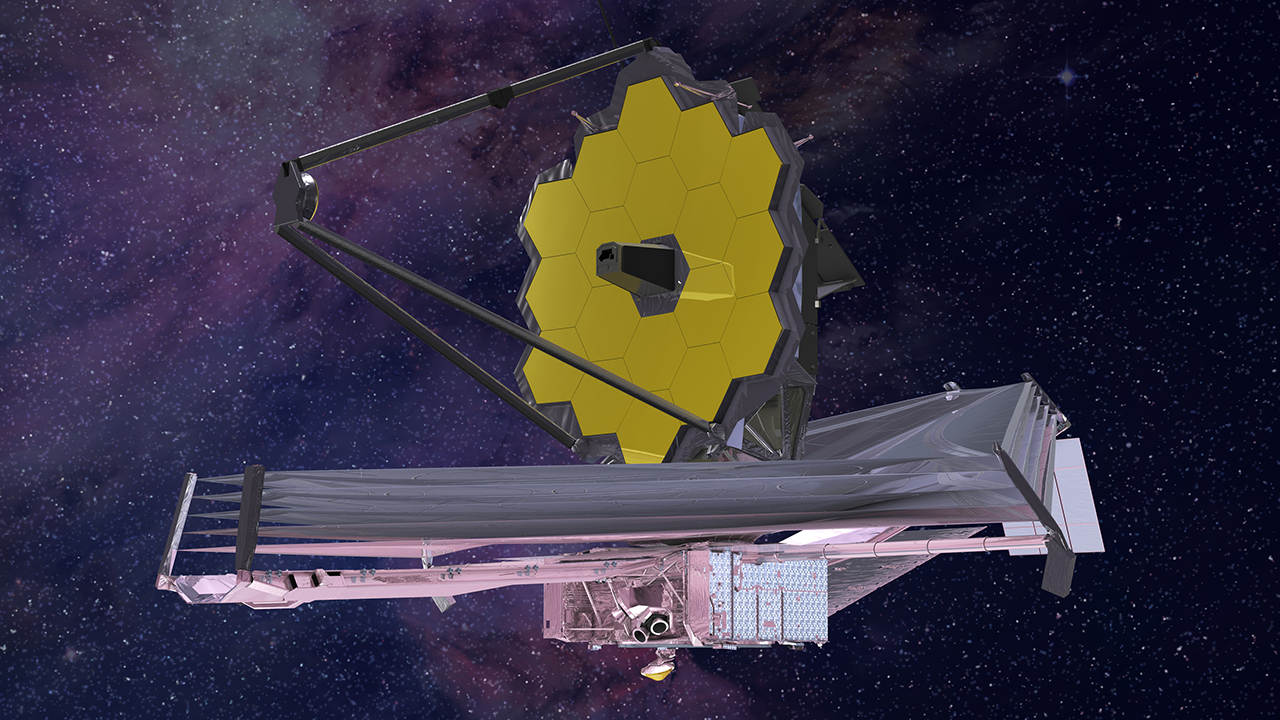
Uninspired by the dull scientific numbering of exoplanets? Well, here's your chance to name an alien world and its host star by connecting them to human cultures.
To mark the 10th anniversary of its Office for Astronomy Outreach, the International Astronomical Union (IAU) is holding a contest to name 20 exoplanetary systems that the James Webb Space Telescope (JWST) will observe. (The IAU is responsible for all names in space.) The competition, NameExoWorlds 2022, seeks to bring together professional astronomers and the wider public to offer the opportunity to name 20 selected exoplanets, along with their host stars, while also creating links from space science to various cultures on Earth.
To name an exoplanet and its star, entrants need to form a team that brings together some combination of students and teachers, astronomy enthusiasts, amateur astronomers and professional astronomers. Teams should choose a target system, brainstorm ideas, then propose a name for the planet and host star, along with an explanation of the cultural context of the suggestion. Proposals are to be submitted in written and video formats. Teams will also receive support from IAU National Outreach Coordinators (NOCs).
Related: 10 amazing exoplanet discoveries
The proposals will go through a two-step selection process. Frst, a national selection panel led by NOCs will select a national candidate and two backup names. Then a final selection committee will consider the candidates proposed by each country and select a name for each ExoWorld.
"It is exciting to have a new NameExoWorlds competition underway to celebrate the 10th anniversary of the Office for Astronomy Outreach," Debra Elmegreen, IAU President, said in a statement. "In the last decade, the OAO has strived to build bridges between professionals, amateurs, communicators, educators, and the public."
The IAU has organized a number of previous NameExoWorlds initiatives, with the aim of highlighting the importance of the connections between the sky and our diverse cultures. This year's edition is notable for the involvement of early JWST targets.
Get the Space.com Newsletter
Breaking space news, the latest updates on rocket launches, skywatching events and more!
The IAU also infamously downgraded Pluto from planet to dwarf planet in 2006.
Follow us on Twitter @Spacedotcom and on Facebook.
Join our Space Forums to keep talking space on the latest missions, night sky and more! And if you have a news tip, correction or comment, let us know at: community@space.com.

Andrew is a freelance space journalist with a focus on reporting on China's rapidly growing space sector. He began writing for Space.com in 2019 and writes for SpaceNews, IEEE Spectrum, National Geographic, Sky & Telescope, New Scientist and others. Andrew first caught the space bug when, as a youngster, he saw Voyager images of other worlds in our solar system for the first time. Away from space, Andrew enjoys trail running in the forests of Finland. You can follow him on Twitter @AJ_FI.

